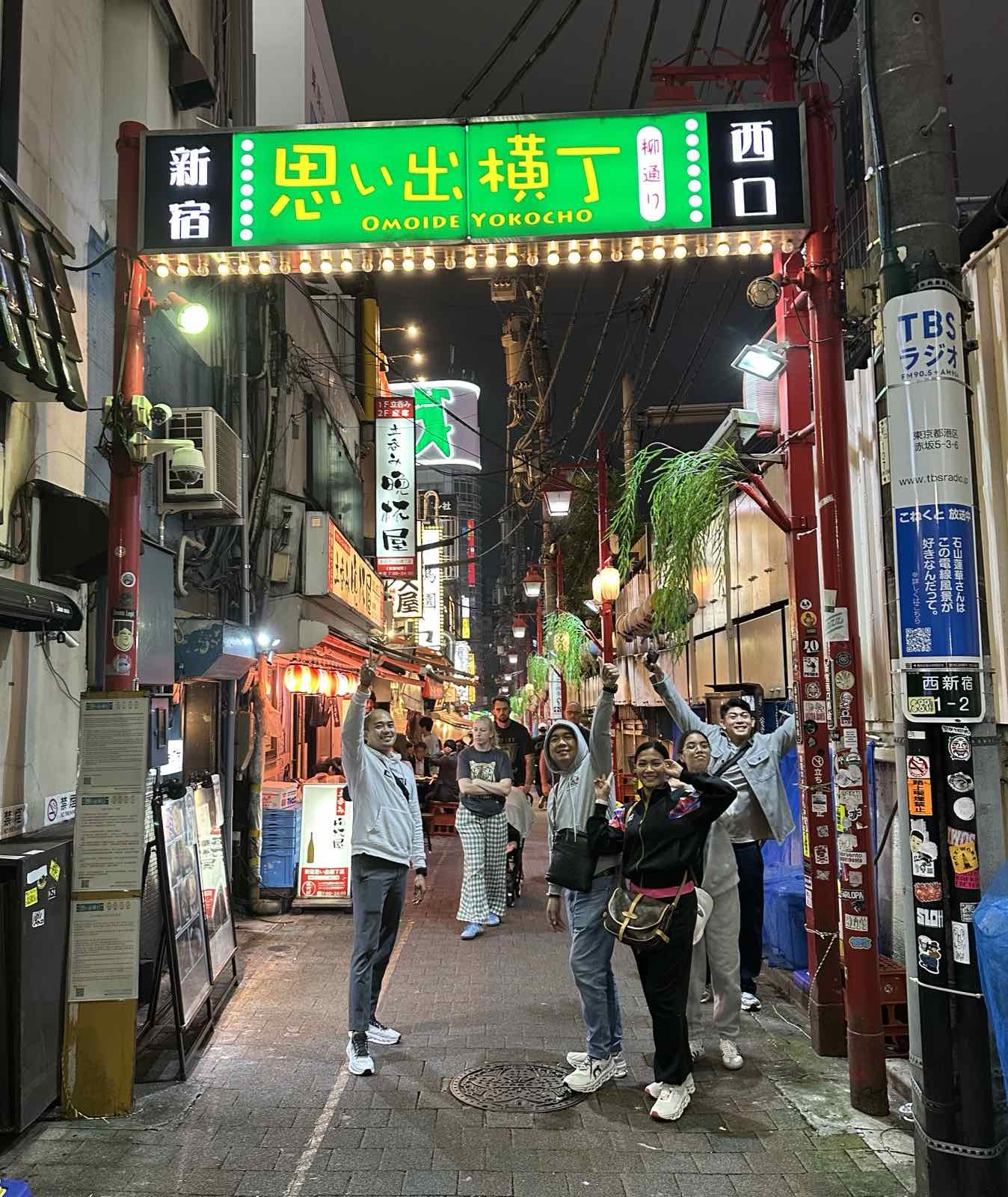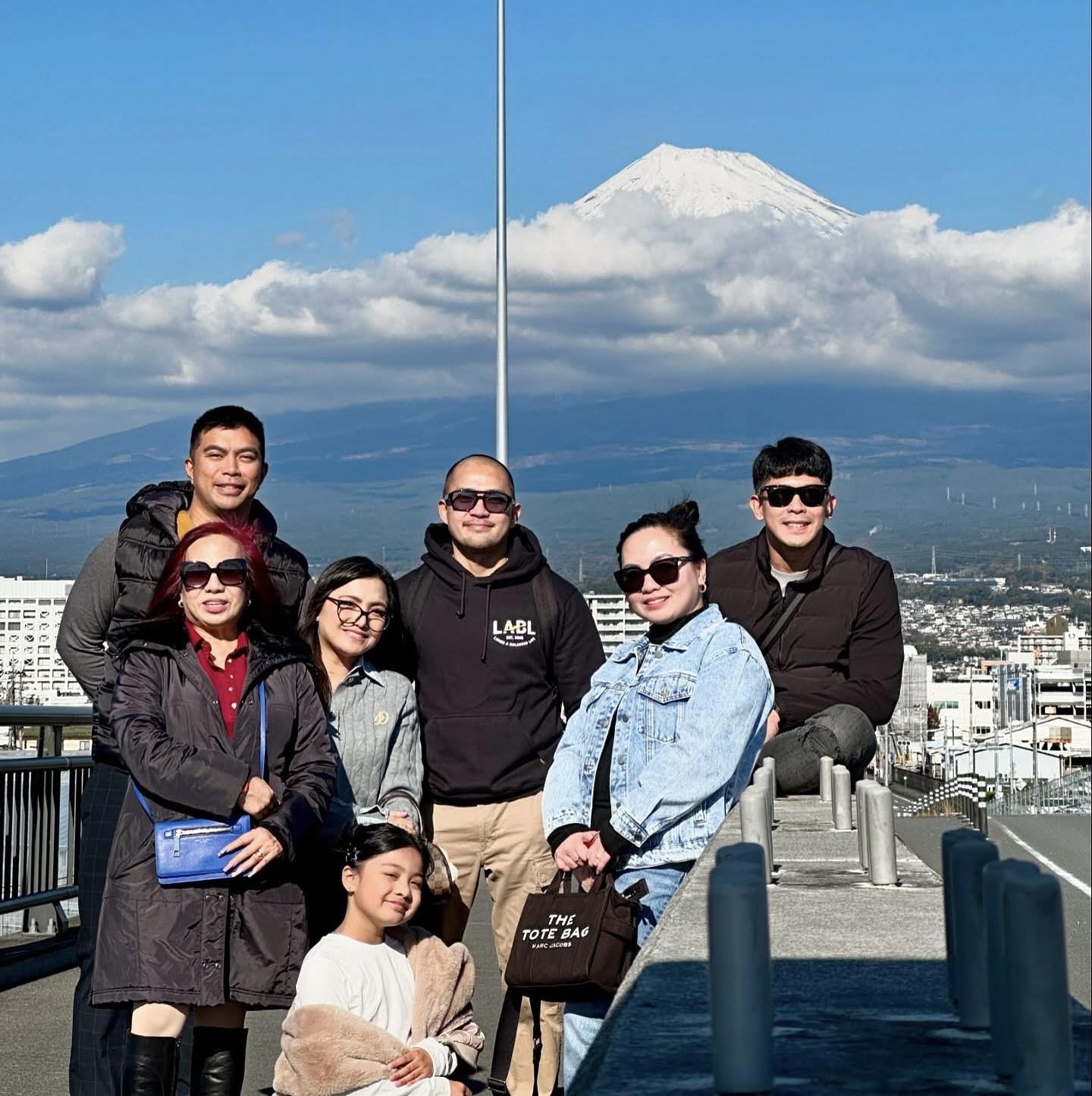Visiting Japan soon? What Filipino tourists need to know about new visa processing
The Embassy of Japan in Manila has asked Filipino tourists to apply for Japanese visas at least two months in advance of their plans to give the embassy more time to process their applications.

Filipino foodies touring Shinjuku's Omoide Yokocho, a narrow alleyway housing Izakaya and Yakitori joints serving some of the best street food in Japan. (Raymund Antonio/MANILA BULLETIN)
In a statement posted on its Facebook page on Tuesday, Feb. 4, the embassy said it is currently in the “process of transitioning its screening system.”
“As part of this process, we have been recommending that visa applications for tourist purposes be submitted to the Embassy two months in advance since January of this year,” it wrote.
“Please be informed that the Embassy will continue to make efforts to complete the procedures and return the visa within five working days, after it is submitted to the Embassy by the travel agencies,” it added.
The statement came on the heels of several reports and social media posts about the sudden longer time it takes for Filipino tourists to get their visas approved for travel to Japan.
As a top destination for Filipinos, an estimated 818,700 Filipino travelers visited Japan in 2024, a 31.6 percent increase from the previous year and a record high for the second consecutive year, the Japan National Tourism Organization said.

Members of the Navarro family together with their friends pose for a photo with Mt. Fuji as backdrop during their Japan visit on Dec. 1, 2024. (Photo from Mitch Navarro via Facebook)
The embassy said the current backlog in visa processing and plans to transition to a new system were caused by “the unprecedented surge in visa applications especially after the Covid-19 pandemic.”
The new system, it added, will “further streamline the visa process, as well as to continue strengthening our robust people-to-people exchanges as a vital part of Japan and the Philippines’ bilateral relations.”
“Japan places great importance on its bilateral relationship with the Philippines and the people-to-people exchanges that form the foundation of that relationship,” the statement read.
Official and commercial purposes, such as business, conference, cultural exchange, and long-stay visas, among others, and other types of visa applications will follow the old procedure.